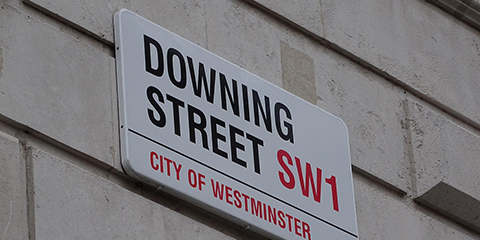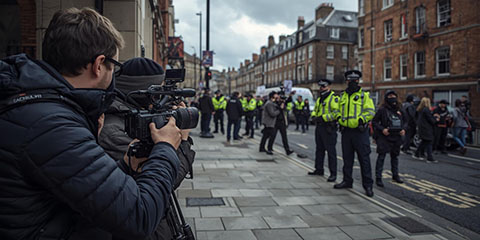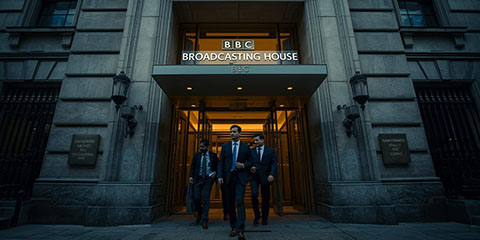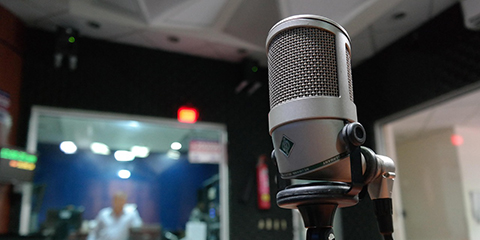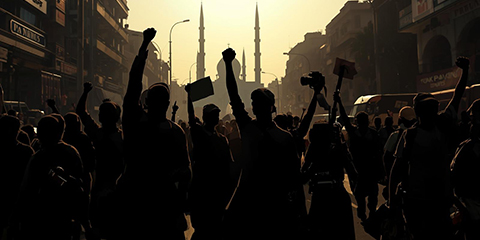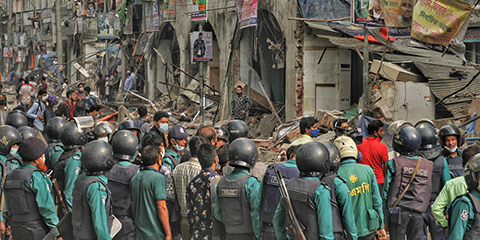Press freedom in the Middle East, a journey of progress and setbacks
JournalismPakistan.com | Published last year | Rehan Malik
Join our WhatsApp channel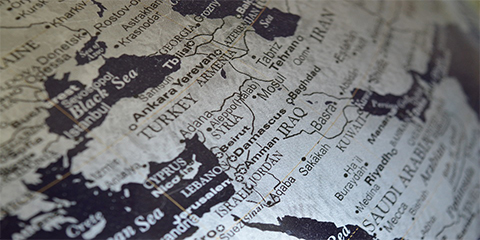
DUBAI, UAE—The struggle for press freedom in the Middle East is a story of significant progress intertwined with persistent setbacks. Journalists in this region operate under challenging conditions, facing censorship, legal hurdles, and sometimes even physical danger. Despite these obstacles, there have been notable advancements, driven by a growing demand for independent and truthful reporting.
In recent years, some countries in the Middle East have made strides toward greater press freedom. Lebanon, for instance, boasts a relatively free media environment compared to its neighbors. The Lebanese press enjoys a degree of freedom, allowing journalists to cover a broad spectrum of issues, including politics and social matters.
Jordan has made notable strides towards improving press freedom. While challenges remain, the country has seen a gradual relaxation of media laws and a more open environment for journalists to operate. The government has shown a willingness to engage with media representatives and address some of their concerns.
Kuwait on the other hand stands out in the Gulf region for its relatively open press environment. The country has a vibrant press scene with a variety of newspapers and media outlets that enjoy a degree of freedom uncommon in neighboring countries. Despite occasional crackdowns, Kuwait's media landscape remains one of the most liberal in the region.
Setbacks and Challenges
Despite these pockets of progress, many Middle Eastern countries continue to grapple with severe restrictions on press freedom. Saudi Arabia remains one of the most challenging environments for journalists. The government's tight control over media outlets, combined with harsh penalties for dissent, creates a stifling atmosphere for free expression. The murder of journalist Jamal Khashoggi in 2018 brought global attention to the extreme dangers faced by Saudi journalists.
In Egypt, the situation for media professionals has deteriorated significantly. The authorities have imposed strict regulations, resulting in the imprisonment of numerous journalists on dubious charges. The use of anti-terrorism laws to target reporters and media outlets has become a common tactic, severely curtailing press freedom.
Voices of Resilience
Despite these challenges, many journalists in the Middle East continue to fight for their right to report freely. Platforms like Al Jazeera have emerged as powerful voices in the region, providing comprehensive coverage of regional and international news. Al Jazeera's bold reporting often puts it at odds with regional governments, but it remains steadfast in its commitment to press freedom.
Additionally, independent news outlets like Mada Masr in Egypt and Daraj in Lebanon play crucial roles in challenging the status quo. These organizations often face harassment and legal challenges but persist in their mission to deliver unbiased news to the public.
International Support and Advocacy
International organizations like the Committee to Protect Journalists (CPJ) and Reporters Without Borders (RSF) play pivotal roles in supporting press freedom in the Middle East. They provide essential resources, advocacy, and protection for journalists working under oppressive regimes. Their efforts help bring global attention to the struggles faced by media professionals in the region, fostering international solidarity and pressure for change.
The Path Forward
While the road to press freedom in the Middle East is fraught with obstacles, the unwavering determination of journalists and media organizations offers hope. Continued advocacy, both locally and internationally, is essential to protect and expand media freedoms. As the region navigates its complex political landscape, the courage and resilience of its journalists will remain a beacon of progress.
The quest for press freedom in the Middle East is a dynamic journey marked by significant achievements and ongoing challenges. The stories of progress and setbacks highlight the resilience of journalists who strive to uphold the principles of free expression, often at great personal risk. Their efforts are crucial in shaping a more open and transparent media environment for the future.







